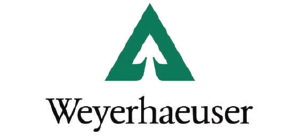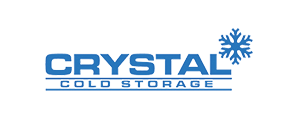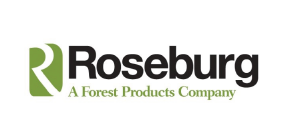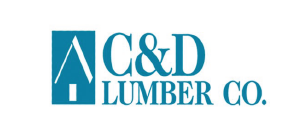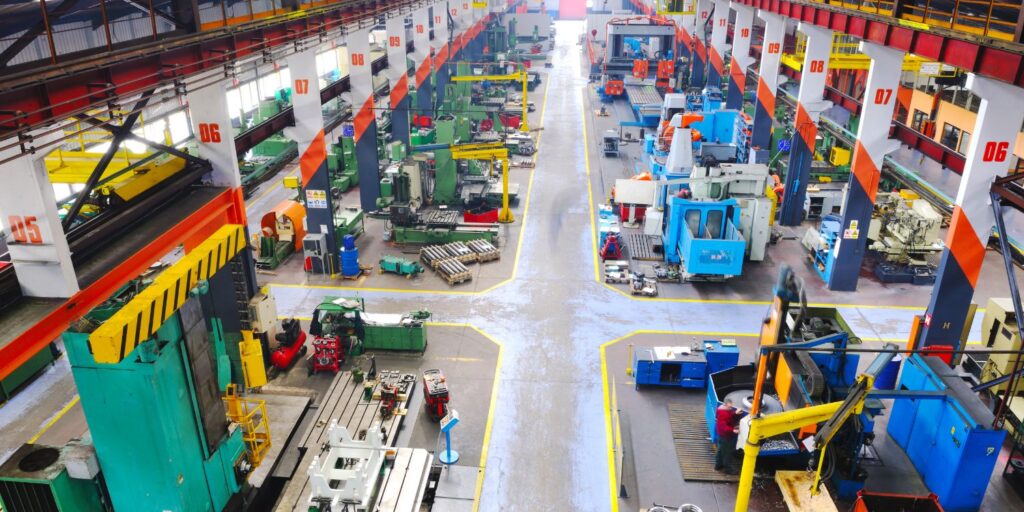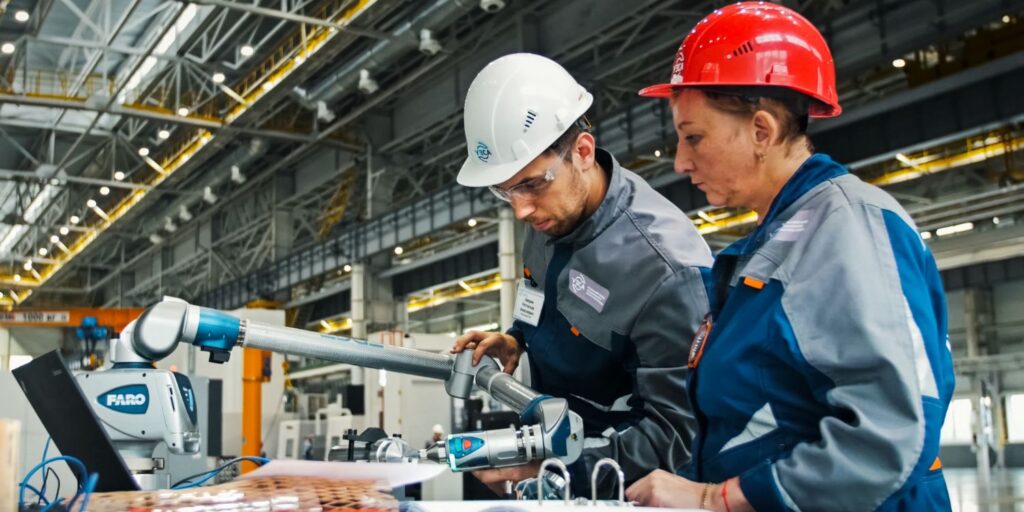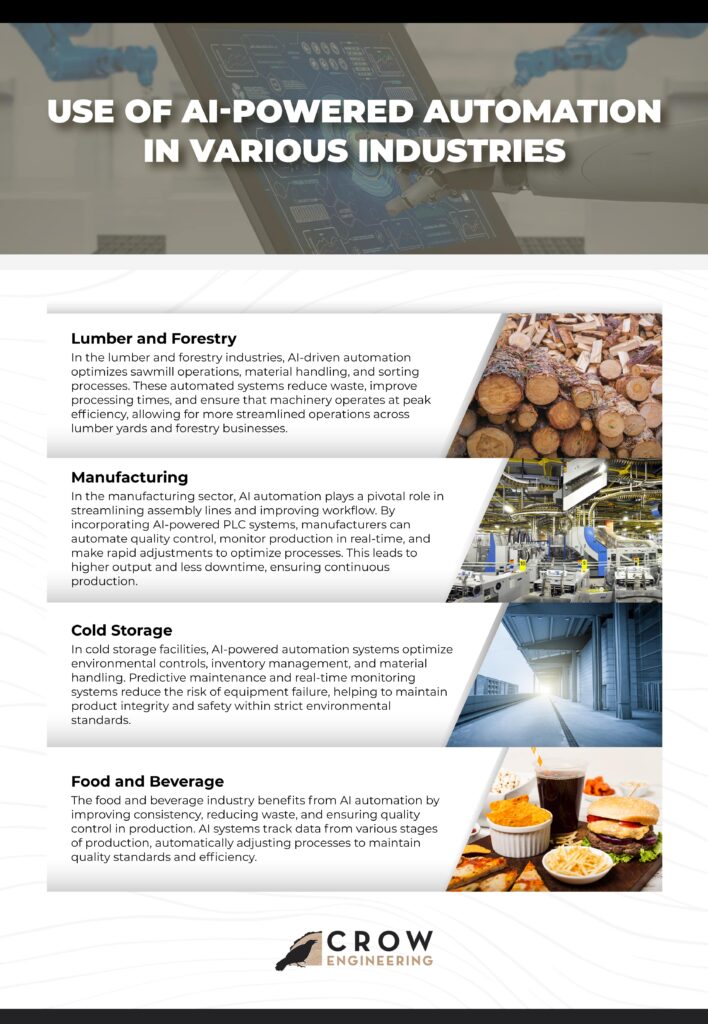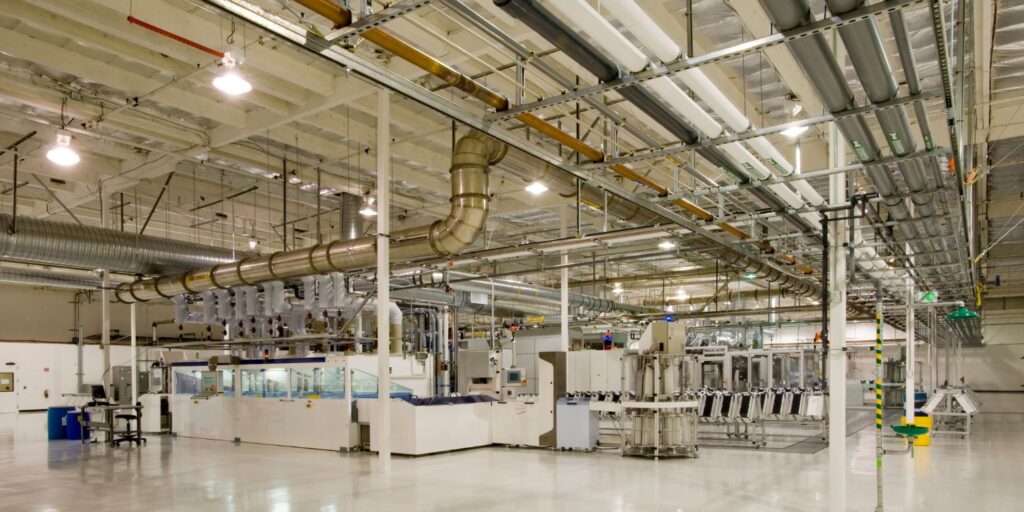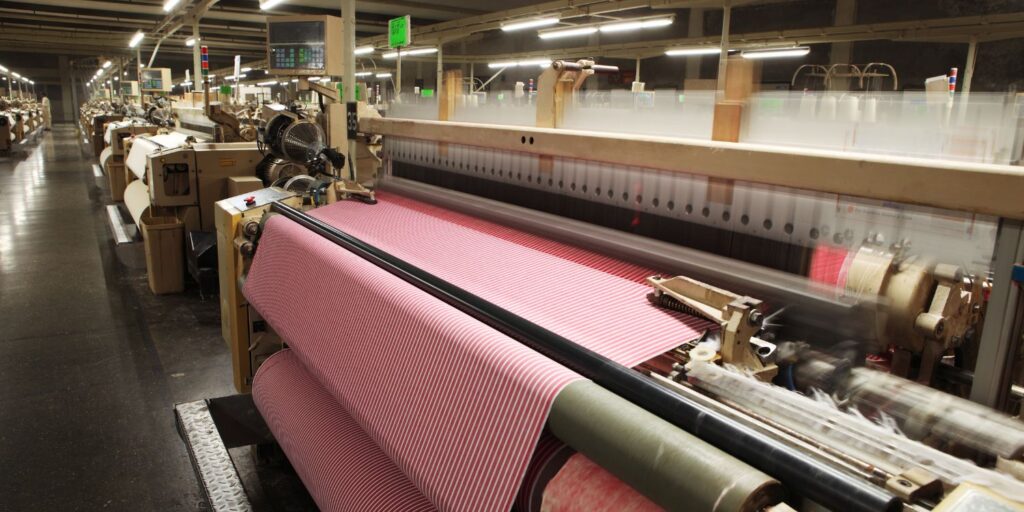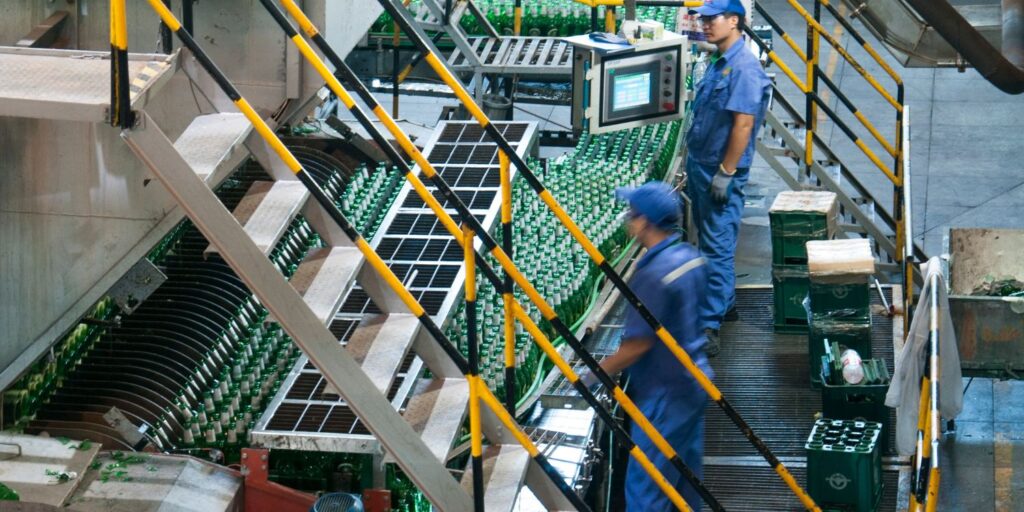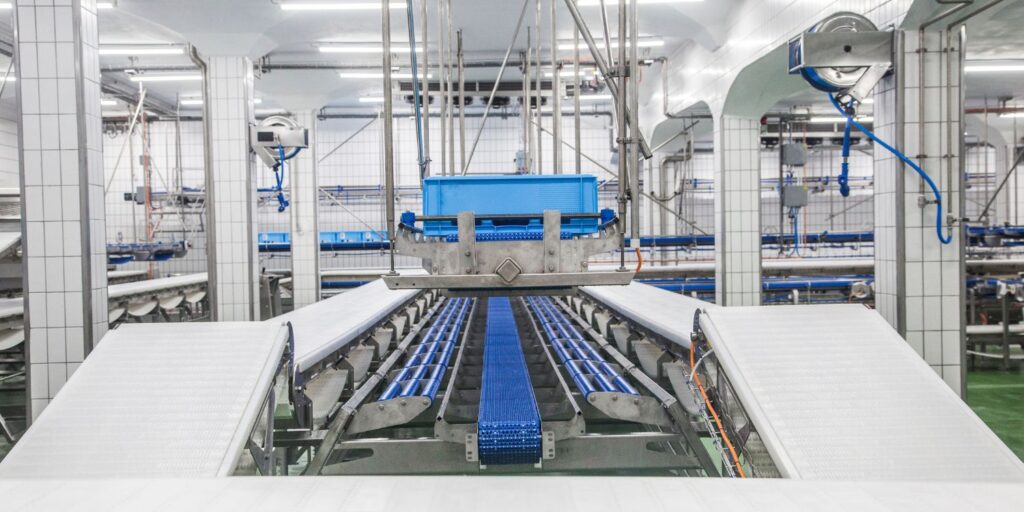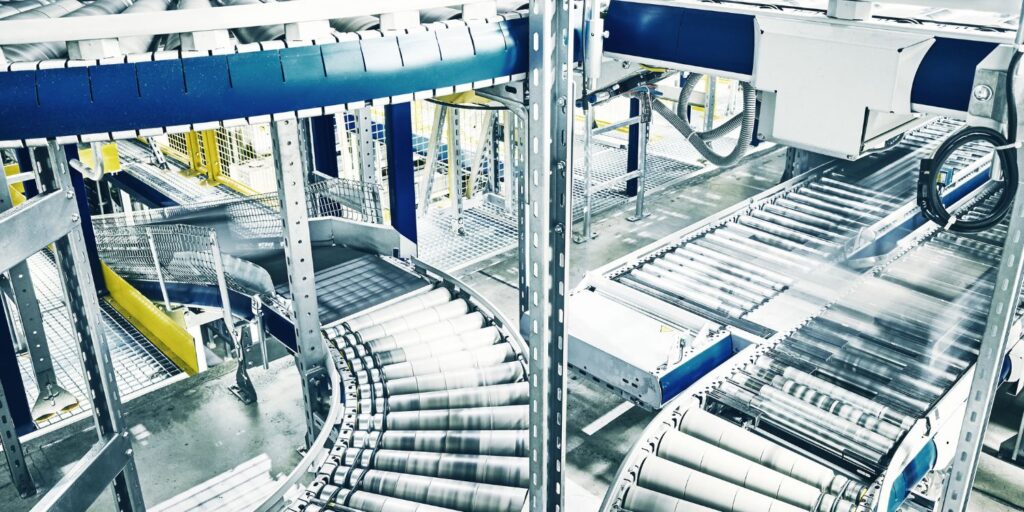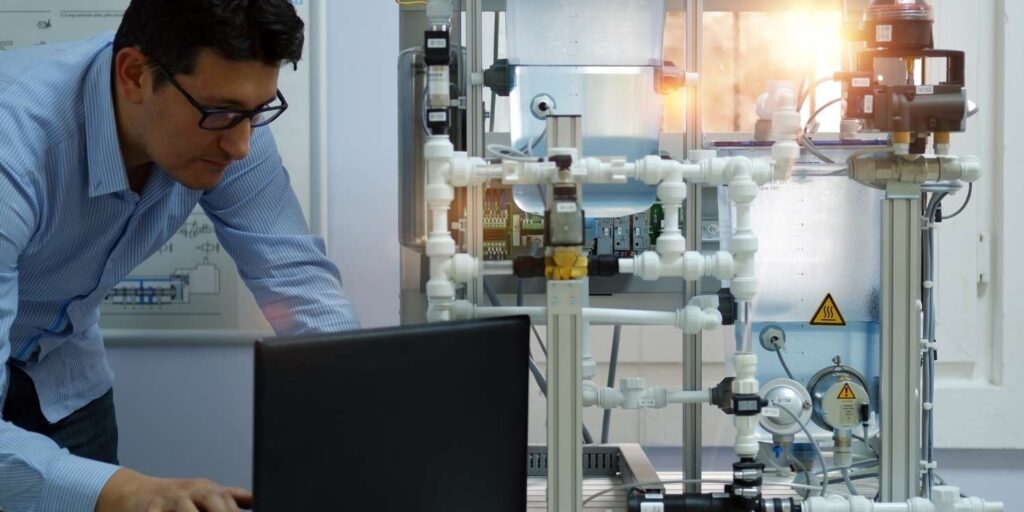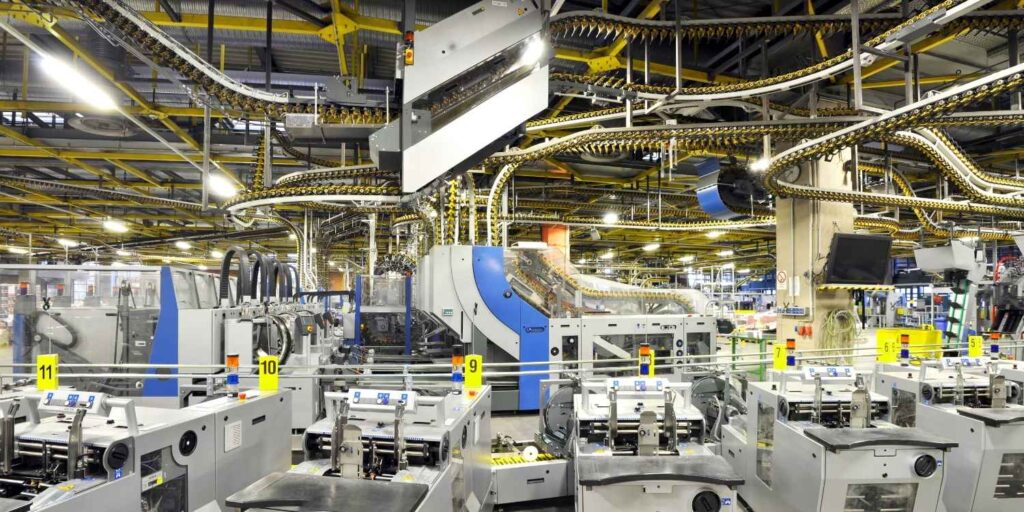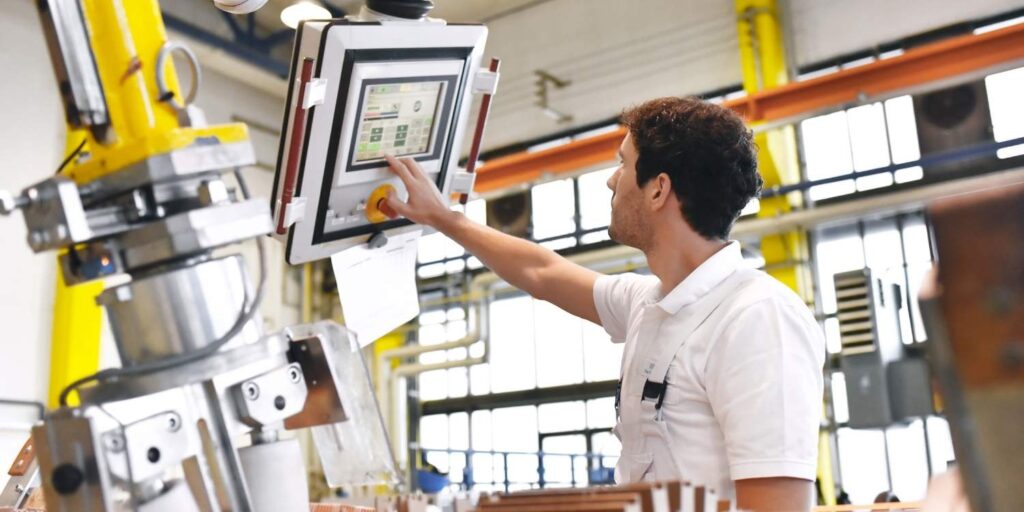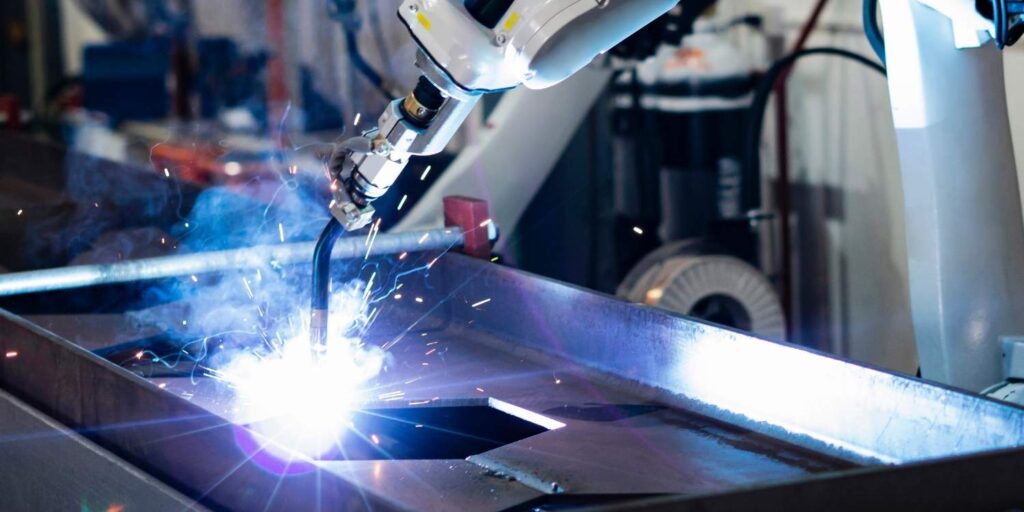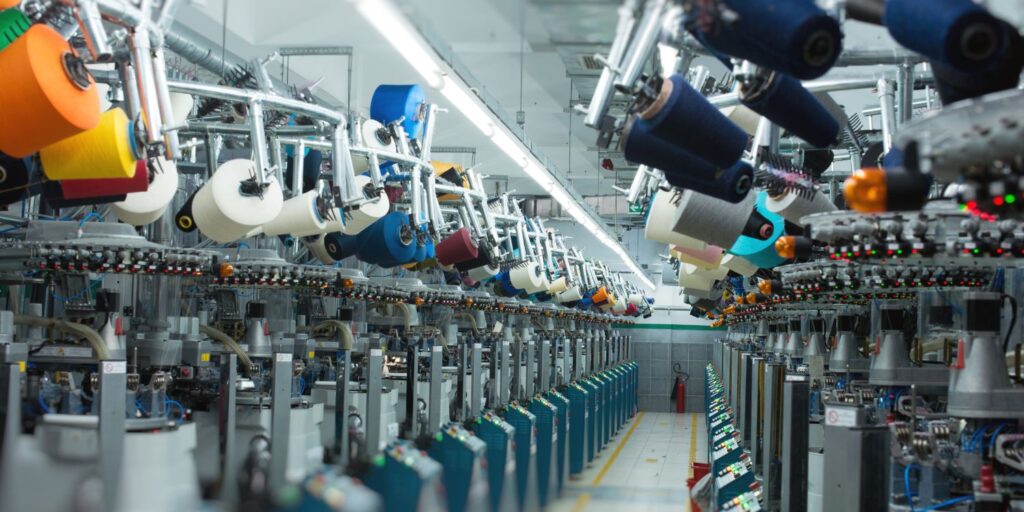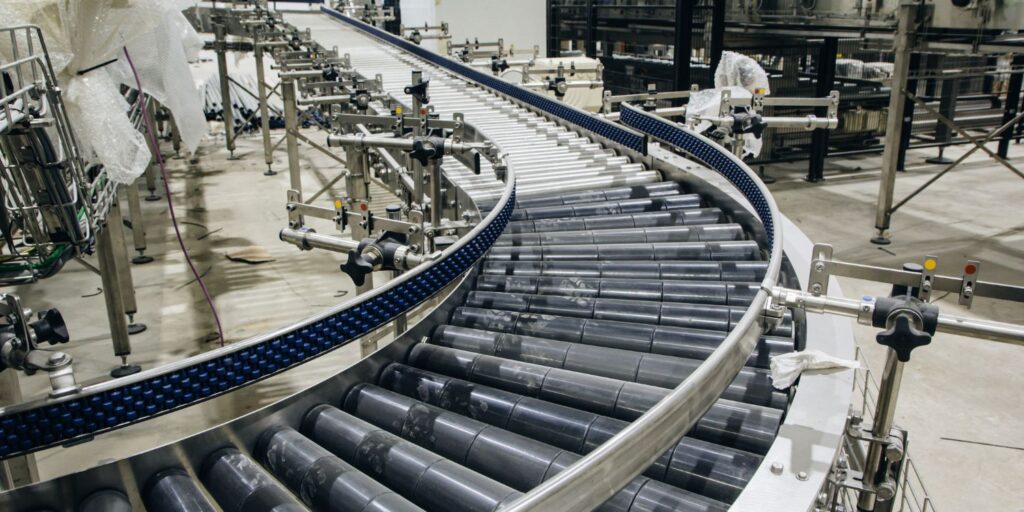Manufacturers are continuously searching for ways to boost operational efficiency, reduce downtime, and optimize their production processes. Predictive maintenance has become a powerful solution for achieving these goals by using real-time data to anticipate equipment issues before they arise. By implementing predictive maintenance strategies, manufacturers can enhance productivity, minimize costly disruptions, and extend the lifespan of machinery.
Predictive maintenance improves operational efficiency and supports long-term success by reducing the likelihood of unexpected breakdowns and ensuring that equipment operates at peak performance. Understanding how predictive maintenance plays a key role in the optimization of manufacturing processes is crucial for companies looking to stay competitive in any industrial sector.
What is Predictive Maintenance?
Predictive maintenance is a proactive approach that uses sensors, data analytics, and advanced monitoring tools to track the performance of machinery. By collecting real-time data on temperature, vibration, pressure, and other key metrics, businesses can predict when equipment is likely to fail or need repairs. This allows maintenance teams to intervene before failures occur, avoiding downtime and costly repairs.
As part of the optimization of manufacturing processes, predictive maintenance plays a crucial role in keeping operations running smoothly and minimizing interruptions. Crow Engineering offers Maintenance Engineering services including predictive maintenance along with vast design and engineering and control solutions.
How Predictive Maintenance Optimizes Manufacturing Processes
Reduced Downtime and Increased Efficiency
A key benefit of predictive maintenance is its ability to reduce downtime. Unplanned equipment failures can halt production lines, leading to costly delays, increased labor expenses, and wasted materials. Predictive maintenance enables businesses to schedule repairs before a breakdown occurs, ensuring equipment stays operational and efficient.
For example, predictive maintenance systems integrated with PLC control systems allow manufacturers to monitor equipment in real-time, alerting them to potential issues. This results in increased efficiency and optimized performance, significantly reducing operational costs.
Lower Repair and Maintenance Costs
Predictive maintenance helps companies save on repair costs by addressing issues before they escalate. By preventing catastrophic equipment failures, manufacturers avoid expensive repairs or replacements and can plan for maintenance during scheduled downtimes. Additionally, predictive maintenance reduces the frequency of unnecessary preventive maintenance, where parts are replaced prematurely, leading to waste.
Crow Engineering’s machine automation services help businesses automate and optimize their maintenance processes, reducing repair costs and enhancing equipment reliability.
Extended Equipment Lifespan
By maintaining equipment in optimal working conditions, predictive maintenance helps extend the lifespan of machinery. Regular monitoring and timely interventions prevent excessive wear and tear, allowing manufacturers to get the most value out of their assets. This reduction in capital expenditures is a critical aspect of reducing operational costs.
Crow integrates predictive maintenance strategies into custom process optimization solutions, ensuring your assets remain in top condition for years to come.
Improved Product Quality
Predictive maintenance also contributes to higher product quality by ensuring that machinery operates consistently and reliably. Equipment running at suboptimal conditions can cause defects and inconsistencies in production. Predictive maintenance identifies these issues early, allowing manufacturers to maintain high-quality standards and reduce waste.
Integrating predictive maintenance with the optimization of manufacturing processes helps businesses enhance both product quality and operational efficiency.
Benefits of Integrating Predictive Maintenance into the Optimization of Manufacturing Processes
Implementing predictive maintenance offers a host of benefits to manufacturing operations:
- Increased Equipment Uptime: Predictive maintenance ensures machinery runs longer without interruptions, minimizing costly production delays.
- Real-Time Data Analysis: Continuous monitoring of machinery performance allows for immediate adjustments and maintenance scheduling.
- Cost Savings: By preventing catastrophic failures and reducing unnecessary repairs, predictive maintenance lowers maintenance costs and reduces overall operational expenses.
- Safety Improvements: Detecting potential issues before they become hazards helps create a safer working environment.
With predictive maintenance as part of an overall process optimization strategy, businesses can reduce operational costs while boosting efficiency and quality.
Industries Benefiting from Predictive Maintenance
Many industries benefit from predictive maintenance, including:
- Manufacturing and Industrial: Ensuring machinery operates at peak efficiency, minimizing downtime, and enhancing product quality.
- Cold Storage: Maintaining reliable refrigeration systems to minimize energy costs and reduce spoilage.
- Lumber and Forestry: Optimizing sawmill operations to reduce maintenance costs and increase operational efficiency.
Crow Engineering’s expertise in process optimization spans across these industries, offering custom solutions that integrate predictive maintenance with advanced automation systems to keep operations running smoothly.
Predictive maintenance is a critical element of process optimization in manufacturing. By identifying issues before they lead to downtime, predictive maintenance enhances equipment reliability, reduces waste, and improves operational efficiency.
Crow Engineering offers comprehensive predictive maintenance solutions as part of our maintenance engineering and process optimization services. Our focus on machine automation, advanced control systems, and real-time monitoring ensures that businesses stay competitive and cost-effective in their operations. Contact Crow Engineering today to learn more about how predictive maintenance helps the optimization of manufacturing processes.
Who are we?
Crow Engineering is a multi-discipline consulting engineering firm serving mechanical, structural, and civil engineering needs for a variety of industries.
Engineering Services
the crow connection
Recent News
The Crow Connection delivers high-level insights on engineering, automation, and process optimization, helping you drive efficiency and innovation. Covering topics like AI-powered automation, manufacturing strategies, and industrial process improvements, it’s a must-read for leaders seeking a competitive edge.

